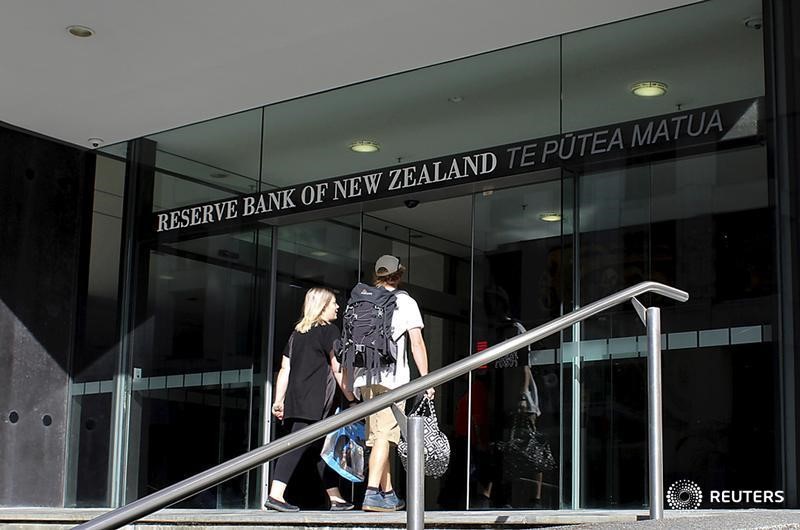Investing.com - The kiwi gained on Thursday after the Reserve Bank of New Zealand (RBNZ) held rates at a record low of 1.75% on Thursday and called for a weaker currency.
"A lower New Zealand dollar would help to increase tradables inflation and deliver more balanced growth," said acting Governor Grant Spencer, in a statement accompanying his first rates decision since previous governor Graeme Wheeler stepped down this month at the end of his five-year term.
The decision came just days after an inconclusive national election that left the country not knowing which parties would form its next government. NZD/USD traded at $0.7205, up 0.08%.
Elsewhere, USD/JPY changed hands at 112.84, flat, while AUD/USD tarded at 0.7853, up 0.05%. EUR/USD traded at 1.1745, down 0.02%.
The U.S. dollar index, which measures the greenback’s strength against a trade-weighted basket of six major currencies, was up 0.47% at 93.26 by 10:50 a.m. ET (14:50 GMT), its highest since August 31.
Overnight, the dollar rose against a basket of major currencies, after President Trump and Republican leaders on Wednesday revealed details of a plan for tax reform which helped offset earlier weakness following a mixed bag of economic reports.
Republicans in the U.S. Congress and the White House unveiled plans to change America’s tax code in a proposal that slashes taxes on businesses and the wealthy, lowering the corporate rate from 35% to 20%.
Investors, however, mulled over the lack of detail on how on the tax reform will be funded, fueling fears that key elements missing from the plan could invite pressure from support industry groups and lobbyists.
The framework for tax reform came just hours after a pair of mixed economic reports forced the greenback to retreat from a 1-month high.
The Commerce Department said on Wednesday non-defense capital goods orders excluding aircraft, a closely watched proxy for business spending plans, rose 0.9 % last month after an upwardly revised 1.1% increase in July.
The housing sector, meanwhile, continued to weaken as the National Association of Realtors’ pending home sales fell 2.6% to 106.3 in August. That was the lowest reading since January 2016.
The dollar's steady gain weighed on both the pound and euro, as both currencies gave up some of their recent gains against the greenback.
USD/CAD gained after Bank of Canada governor Stephen Poloz insisted that there is no “predetermined path” for rate hikes, dampening expectations that the central bank would hike rates at least once more this year.
